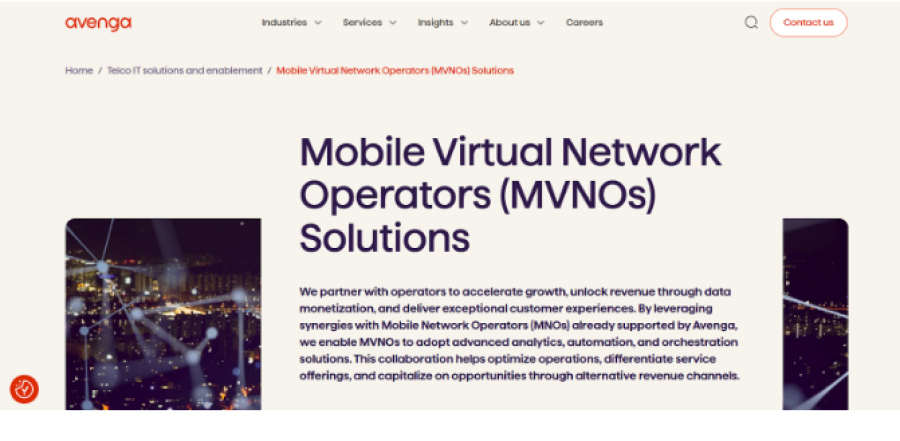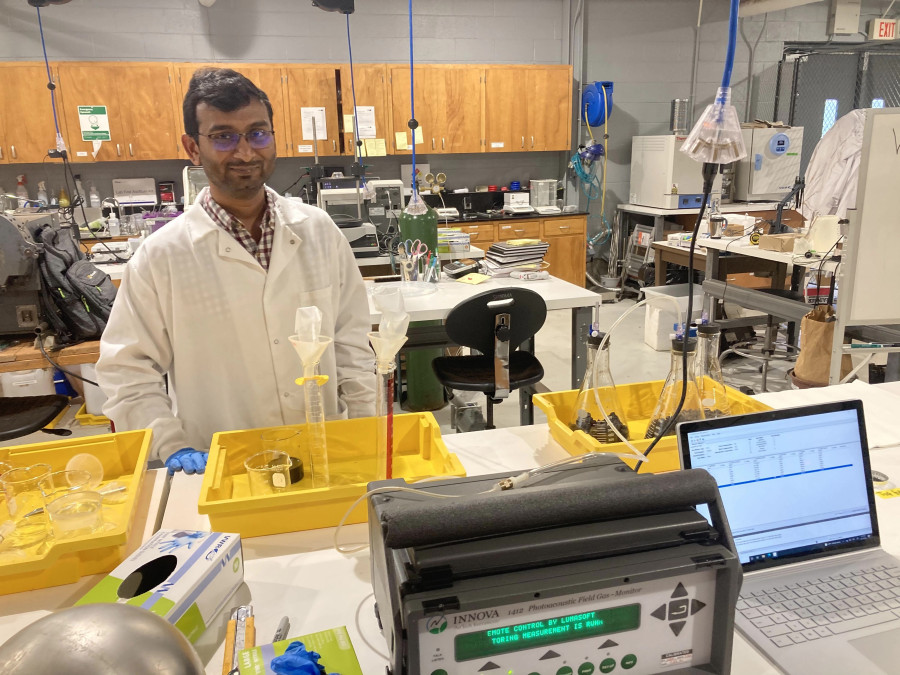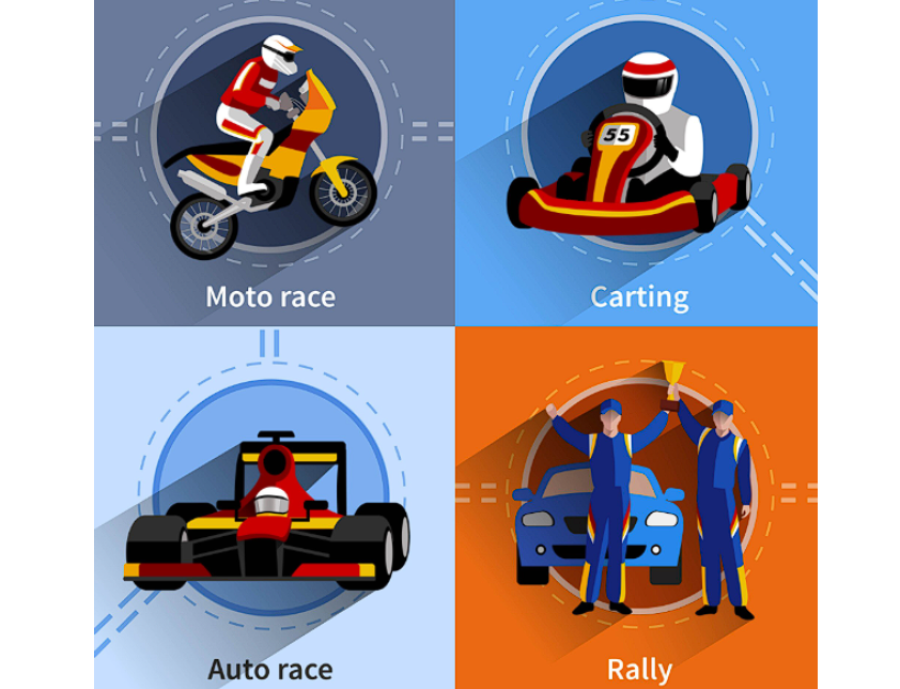Preparing for a career today is far more than just getting a degree or building a résumé. In a competitive job market shaped by technology, globalization, and rapidly changing skills, career preparation is about intentional planning, personal development, and adaptability. Many companies now use assessment tools like the Harrison test to evaluate not only technical abilities but also personality traits, work preferences, and cultural fit.
Why Career Preparation Matters
1. Competitive Job Market
With more applicants competing for fewer positions, employers prioritize candidates who demonstrate readiness from the start. Preparation gives candidates the edge.
2. Skill Gaps
Industries evolve quickly. Employers often report skill gaps in communication, problem-solving, and adaptability. Proper preparation addresses these gaps.
3. Personal Confidence
Prepared candidates enter interviews, networking events, and new roles with confidence. This confidence influences how they are perceived and increases their chances of success.
4. Career Longevity
Preparation is not just about landing a first job; it’s about creating a sustainable career path that evolves with changing industries and personal goals.
The Core Elements of Career Preparation
1. Self-Assessment
Before starting any career journey, individuals need to understand their strengths, weaknesses, and preferences. Tools like the Harrison test provide insights into personality traits, work styles, and suitability for specific roles. Beyond formal tests, journaling about personal achievements, challenges, and goals helps clarify direction.
2. Education and Training
Formal education remains vital, but career preparation extends beyond the classroom. Certifications, online courses, and workshops enhance skills and show employers that candidates are committed to continuous learning.
3. Skill Development
Hard Skills: Technical abilities specific to the job (e.g., coding, accounting, design).
Soft Skills: Communication, teamwork, problem-solving, and leadership. These are often the deciding factors in hiring.
4. Networking
Networking connects job seekers with opportunities and mentors. Professional relationships can open doors that qualifications alone cannot.
5. Real-World Experience
Internships, volunteer work, and part-time jobs provide valuable hands-on experience. They also allow candidates to test different fields before committing long-term.
Building the Right Skills for Career Success
1. Communication
Effective verbal and written communication sets candidates apart. Employers value employees who can explain ideas clearly and collaborate effectively.
2. Critical Thinking
Analyzing situations, making decisions, and solving problems are highly prized abilities. Critical thinking improves both individual performance and team success.
3. Digital Literacy
In 2025, digital skills are non-negotiable. From understanding cloud platforms to using AI-powered tools, being digitally fluent is essential.
4. Adaptability
Industries are constantly shifting. Adaptable employees thrive during transitions, whether it’s learning new software or adjusting to hybrid work models.
5. Emotional Intelligence
The ability to understand and manage one’s emotions—and empathize with others—is critical for teamwork and leadership.
The Role of Career Assessments
Why Employers Use Them
Employers want more than technical qualifications; they want employees who fit organizational culture and can adapt long-term.
Harrison Test as an Example
The Harrison test measures behavioral traits, work preferences, and skills alignment. For job seekers, it provides valuable feedback about strengths and areas for improvement. Preparing for such assessments isn’t about memorizing answers but about self-awareness and aligning personal traits with career goals.
Career Preparation and Technology
AI in Hiring
Artificial intelligence now screens résumés and conducts video interviews. Candidates must learn how to optimize their applications for AI-driven processes.
Virtual Networking
Professional communities online offer opportunities for connection without geographical barriers.
Digital Portfolios
Showcasing projects and skills online builds credibility and attracts recruiters.
Common Mistakes in Career Preparation
Lack of Research – Applying blindly without understanding the role or company.
Overconfidence – Assuming qualifications alone guarantee success.
Ignoring Soft Skills – Overemphasizing technical expertise while neglecting interpersonal skills.
Procrastination – Delaying preparation until opportunities appear.
Neglecting Self-Care – Stress and burnout undermine performance.
Career Preparation and Mental Health
Balancing preparation with wellbeing is crucial. Practices such as mindfulness, exercise, and time management reduce stress and build resilience. Confidence grows not only from preparation but also from maintaining mental and emotional health.
Future of Career Preparation in 2025 and Beyond
Remote Work Readiness: Skills in virtual communication and self-management.
Global Collaboration: Cross-cultural understanding and multilingual abilities.
Sustainability Careers: Growth in green jobs requiring specialized training.
AI and Automation: Lifelong learning to keep up with technological changes.
Conclusion
Career preparation in 2025 is not about memorizing interview answers or checking boxes on a résumé—it’s about building a foundation of skills, adaptability, and confidence. With tools like the Harrison test, individuals gain insights into their strengths and work preferences, helping them align their goals with the right opportunities.









